Code for Africa (CfA) continued its biweekly online webinar series for its Wikimedian-in-Residence (WiR) community, theme – Unlocking the power of compelling story. On 20 July 2023, the second webinar delved into the topic “Amplifying your WikiEducation programs through letter”. The session, facilitated by Bukola James, CfA’s WiR community coordinator, featured Ruby Brown, Senior Programs Officer at Open Foundation West Africa, as the lead trainer.
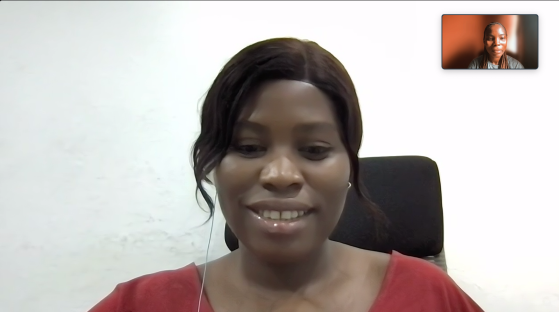
In line with the CfA WiRs initiative, which is dedicated to empowering African Wikimedians, this webinar aimed to enhance participants’ abilities in crafting compelling stories for the EduWiki Newsletter. The session was attended by 28 enthusiastic members from within and outside the WiR Anglophone community, representing diverse countries including Cameroon, Ghana, Kenya, Nigeria, Tanzania, Turkey, Uganda, and Rwanda.
The primary objective of this session was to provide Wikimedians with the practical skills and essential knowledge for effectively crafting and sharing captivating and engaging stories via the EduWiki Newsletter. The topics focused on the overview of the Wikimedia Education Newsletter; benefits for Wiki educators and readers, illustrative examples and success stories, available resources and support; and a demonstration of how to create and use the newsletter effectively.
Here are some highlights of the Webinar
The session began with a brief introduction to the term ‘Edu-Wiki’, and Edu-wiki Newsletter. These terms which many are familiar with within the Wikimedia movement are not fully understood. Ruby provided participants with a clear definition of the term ‘Edu-Wiki’ which originates from the words ‘education’ and ‘Wiki,’ denoting the network’s focus on the intersection of education and the Wikimedia platform. She further explained that this network is made up of Wikimedia community members, institutions, and organisations aligned with Wikimedia’s educational projects. The session delved into various activities that Wikimedians could engage in to promote Wikimedia education, one of which includes leveraging the EduWiki Newsletter for amplifying Wikimedia education.
Ruby demonstrated the power of narratives in the education domain and highlighted how effectively crafted newsletters could be used to tell compelling stories about Wikimedia education. The session progressed with a comprehensive introduction to the EduWiki Newsletter and its significant role as a platform for sharing stories, updates, and accomplishments related to educational initiatives within the Wikimedia community. The first edition of the newsletter was published in 2012. It currently has over 322 subscribers with about 600-700 page views monthly.
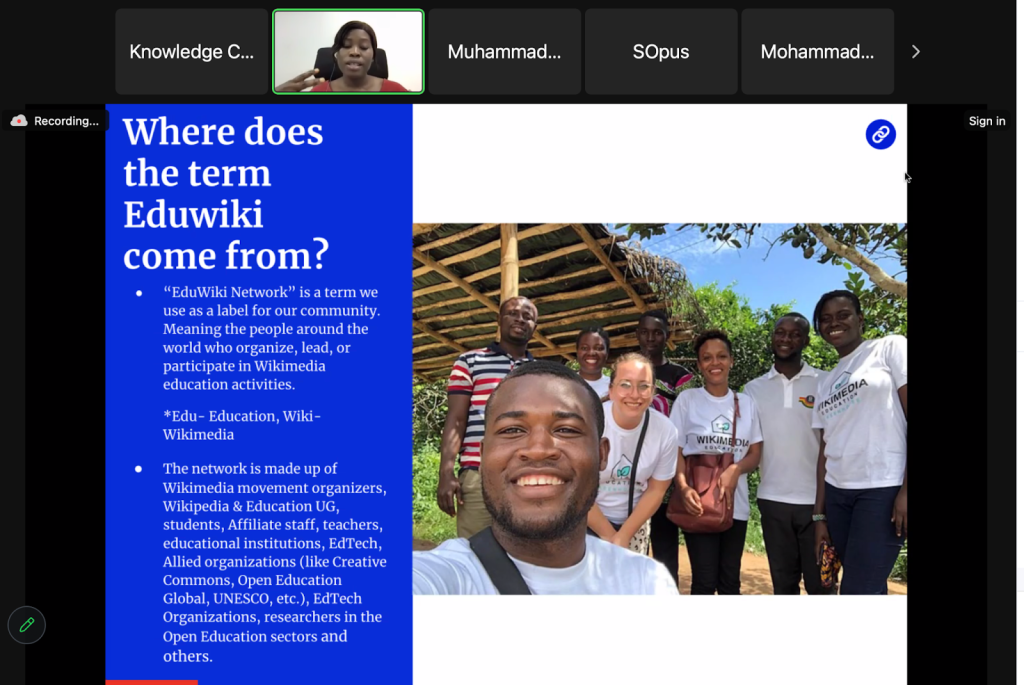
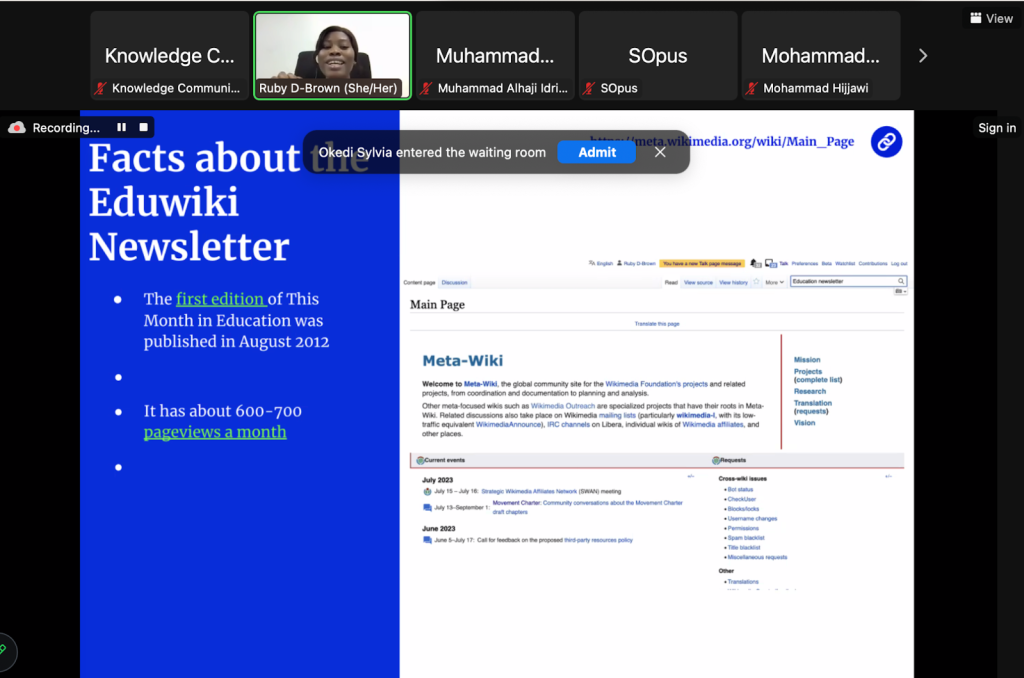
Benefits of Publishing in an EduWiki Newsletter
It is important to highlight that getting your work published has multiple advantages. Not only does it enable others to access or gain knowledge from it, but it also serves as a valuable resource for future projects. The previous work you have published can be cited when applying for opportunities, especially when discussing your involvement and contributions to the Wikimedia Education world. Therefore, if you are not sharing your work through publication, you are overlooking substantial potential benefits.
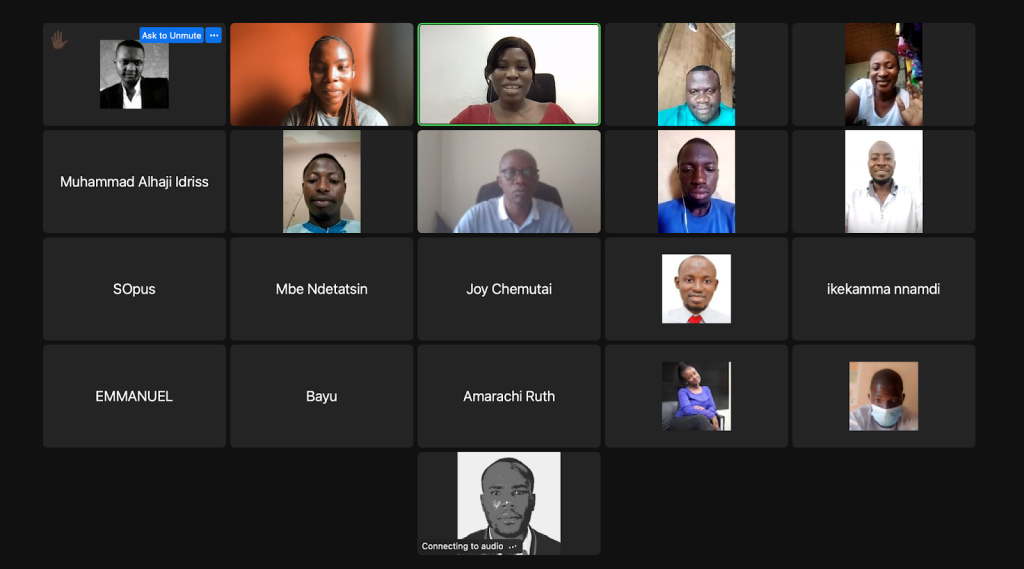
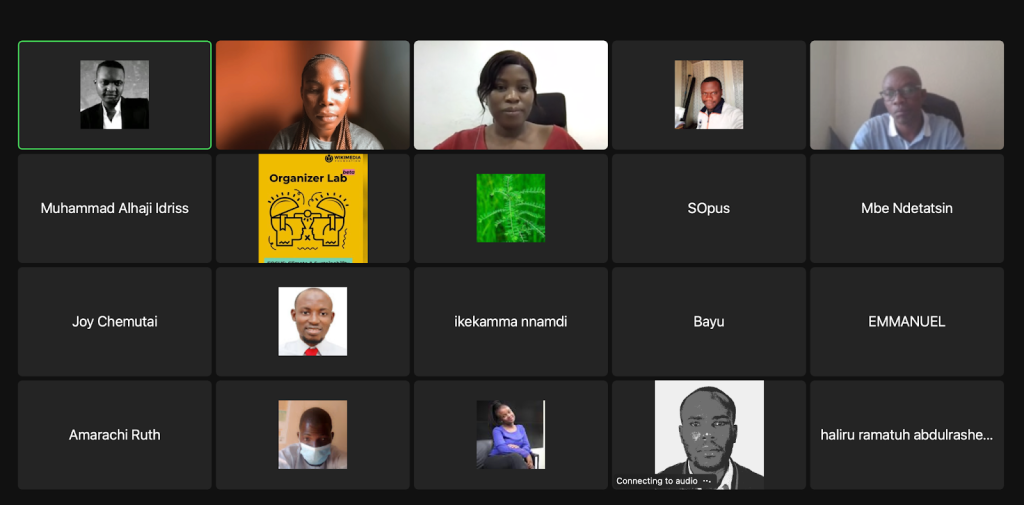
Types of articles that are accepted for publication
The types of content that can be published in the EduWiki newsletters include;
- Reports on education: It could be a detailed report about an education project that has been carried out, the outcomes, the impacts, and the lessons learned to offer others a chance to learn from your experiences.
- Collaborative work with teachers and schools: If you have done a workshop or a session with teachers or within schools, this is also a good story to tell as no story is too small to share – even something as simple as a conversation with teachers can be important.
- Announcements of upcoming Wikimedia education work: If you have an upcoming project and you want others to participate or learn more, you can announce it through the newsletter.
- Learnings from past projects: EduWikimedians can also reflect on past projects, and share their learnings in the newsletter.
Unveiling the Magic Behind the Wikimedia Education Newsletter
Publishing the newsletter every month is an impressive feat, made possible by the tireless efforts of the amazing EWOC volunteers who put in the work to review, edit, and format the stories, making them translatable and accessible to have a new edition of the Wikimedia Education Newsletter ready by the 30th of every month with a submission deadline of not later than the 26th of every month to give the review team enough time to ensure all submissions are in perfect shape for publication. The Newsletter guidelines are not rigid as they provide Wikimedians with the opportunity to bring their unique voice and style to the stories.
Creating Engaging Wikistories
A large part of the webinar was dedicated to discussing the process of creating engaging and informative stories for the EduWiki Newsletter. Ruby shared invaluable tips on selecting compelling story topics, developing captivating narratives, using impactful language, and following the newsletter template on meta. Further, the session delved into strategies for sharing Wikistories on the EduWiki Newsletter effectively. This encompassed guidelines on integrating multimedia elements, attributing sources correctly, and complying with the platform’s content standards.
Handy Links
- The current edition of the newsletter can always be found on the Home page
- To look up earlier editions by month go to Archives
- To start writing visit Newsroom
- Link to Publication Guidelines
- A monthly copy of “This Month in Education” can also be delivered to your talk page by adding your username here
- You can also receive the newsletter via mail by subscribing with your email here
- The link to the session recording is available on our community program page.
Feedback and Takeaways
The webinar concluded with an interactive Q&A session, which saw enthusiastic participation. Some inspiring words from our attendees included:
I have learned quite a lot. Great session.
Jojo ck
This is my first time on the webinar… However, I am glad to have learned something about the EduWiki newsletter
Sylvia Okedi
The guidelines on sharing Wikistories will significantly improve the impact of my work. Eagerly awaiting the next session!
Alex Doe
This webinar was another step forward in our journey to increase and amplify African Edu-Wiki Works. It fostered an atmosphere of learning and collaboration among the community members and ignited their enthusiasm to contribute actively to the EduWiki Newsletter. As we continue on this path, platforms like the EduWiki newsletter will play an integral role in nurturing community connections and sharing powerful narratives.
Kindly visit the community programs page to register for the next CfA WiR Bi-weekly webinar or join our community by completing this form for timely updates on our activities and programs.

Can you help us translate this article?
In order for this article to reach as many people as possible we would like your help. Can you translate this article to get the message out?
Start translation